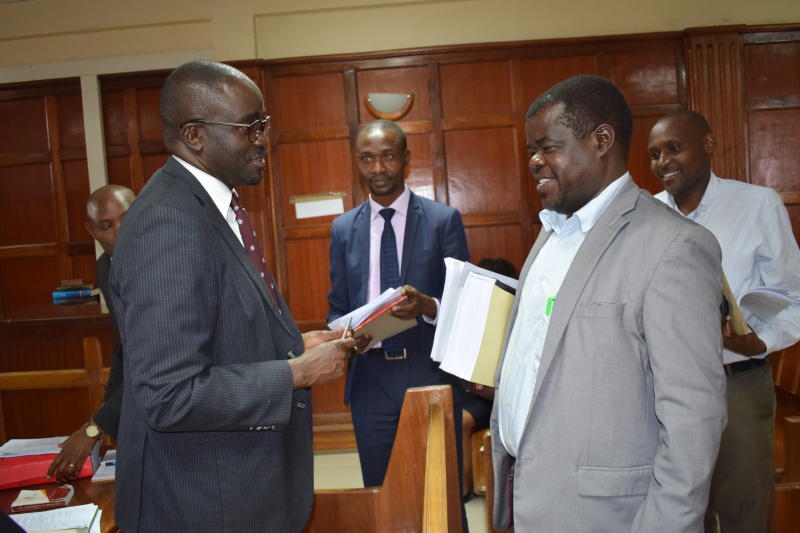×
The Standard e-Paper
Home To Bold Columnists

Parliament yesterday urged the High Court to dismiss a case challenging the legality of new taxes introduced in the Finance Act 2018.
In its reply to activist Okiya Omtatah’s case, the National Assembly claimed it would be forced to revert to the old Finance law in the event the court stops the standing.